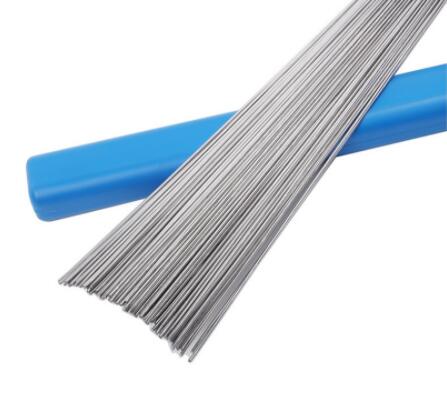Different Types of Nails for Construction
When it comes to construction, selecting the right type of fastener is crucial. Nails are among the most commonly used fasteners in the building industry, favored for their ease of use, strength, and versatility. Various types of nails serve different purposes, and understanding these differences can ensure the longevity and safety of any construction project.
1. Common Nails
Common nails are among the most widely used nails in construction. They are typically used for framing, roofing, and general construction. With a thick shank and a flat head, they provide a strong joint between materials. Common nails are usually made from steel and come in various lengths to accommodate different building requirements. They are designed to hold wood securely and can withstand significant stress, making them ideal for structural applications.
2. Finish Nails
Finish nails are thinner and have a smaller head compared to common nails, making them perfect for providing a clean finish. They are commonly used in trim work, cabinetry, and furniture where a neat appearance is essential. Because of their slender profile, finish nails can be driven into the material without splitting. They also often require a nail gun for installation, which allows for greater precision and reduces the risk of damaging the surrounding wood.
3. Brad Nails
different types of nails for construction

Similar to finish nails, brad nails are even thinner and have a very small head. They are often used in lightweight applications, such as attaching thin trim pieces, moldings, or delicate woodwork. The small head can be easily concealed with wood filler or paint, making brad nails an excellent choice for projects where appearance matters. Brad nailers, which drive these small fasteners, can make the job quicker and more efficient.
4. Roofing Nails
Roofing nails are specifically designed for securing roofing materials. They have a large, flat head that helps to hold shingles and prevents them from lifting in high winds. These nails are typically galvanized to resist rust and corrosion, which is critical given their exposure to the elements. Roofing nails also come in various lengths to match different shingle thicknesses.
5. Masonry Nails
Masonry nails are heavy-duty nails designed for securing materials to concrete and masonry surfaces. They have a hardened steel shank and are often used in construction where timber needs to be fastened to brick, stone, or concrete. The pointed tip allows for easier penetration, and their robust design ensures that they can withstand significant loads.
Conclusion
Choosing the right type of nail is essential for a successful construction project. Each type of nail has its specific uses, strengths, and installation methods. Whether it’s common nails for framing, finish nails for trim work, or masonry nails for concrete, understanding these differences can help builders and DIY enthusiasts make informed decisions. By selecting the appropriate fastener, one can ensure durability, structural integrity, and an aesthetically pleasing final product in any construction endeavor.

















